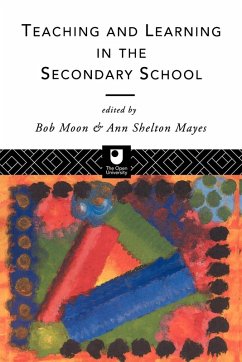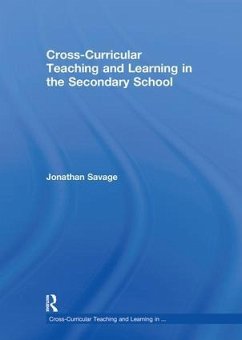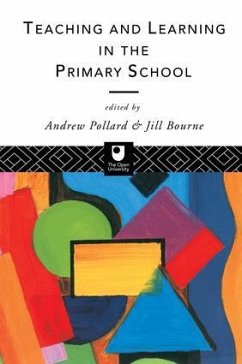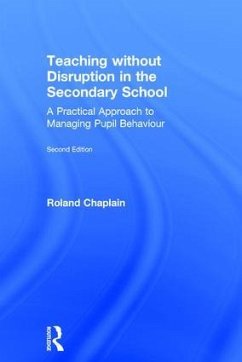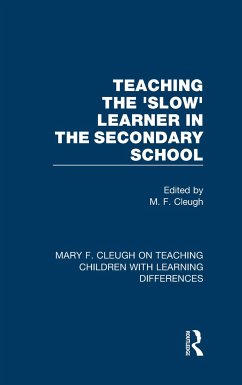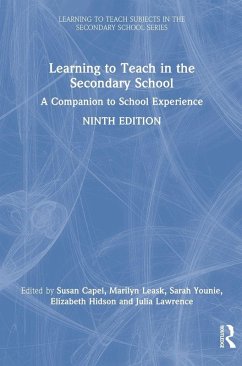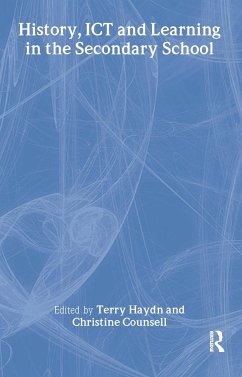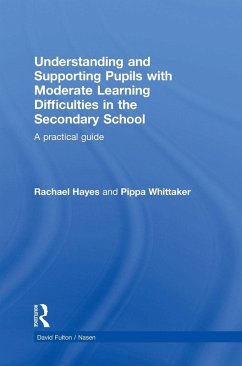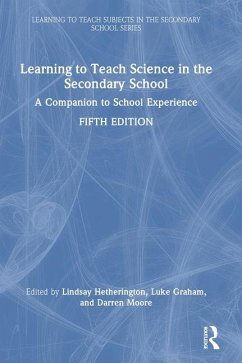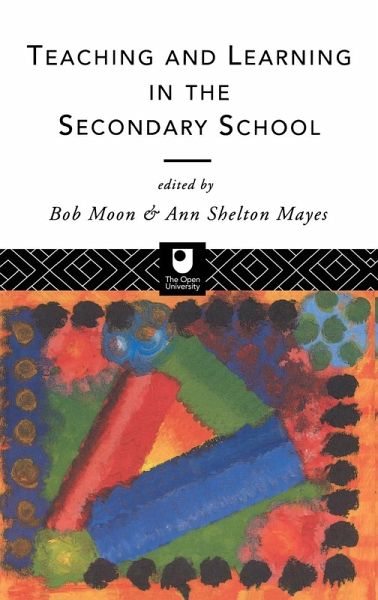
Teaching and Learning in the Secondary School
Versandkostenfrei!
Versandfertig in 1-2 Wochen
169,99 €
inkl. MwSt.

PAYBACK Punkte
85 °P sammeln!
This reader draws together the most imortant work of recent years across the whole range of themes to give students and new teachers an overview of the most important issues and challenges facing secondary school teachers in the 1990's.





